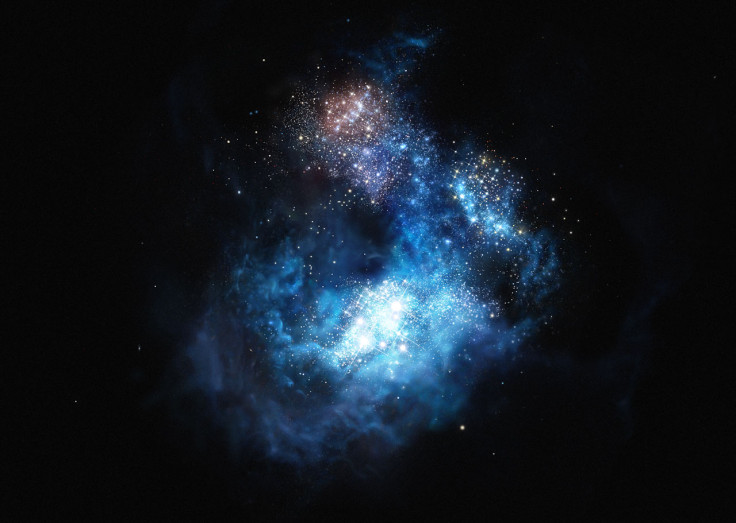There may be far fewer galaxies than previously thought, MSU scientists claim

Scientists have claimed that there may not be as many galaxies in the universe as previously thought.
A study led by University of Michigan claims that astronomers could have massively overestimated the amount of galaxies in the universe by up to 100 times. The widely accepted theory is that there are around one hundred billion galaxies out there.
The Hubble Space Telescope has been an instrumental tool in allowing astronomers to look far into the universe, but the study, published in Astrophysical Journal Letters, claims that 'faint galaxies' that are not very visible may not be as abundant as once thought.
Brian O'Shea, MSU associate professor of physics and astronomy, who participated in the research said: "Our work suggests that there are far fewer faint galaxies than we once previously thought.
"Earlier estimates placed the number of faint galaxies in the early universe to be hundreds or thousands of times larger than the few bright galaxies that we can actually see with the Hubble Space Telescope. We now think that number could be closer to ten times larger."
The team used the Blue Water supercomputer at the National Science Foundation to run simulations in a bid to better understand the formation of thousands of galaxies during the universe's early stages, with interaction through gravity or radiation taken into account.
The simulated galaxies were consistent with the bright, observable distant galaxies – those galaxies that have been confirmed. However, the simulation failed to reproduce an exponentially growing number of faint galaxies, with the number remaining relatively flat.
This simulation will be tested further when the James Webb Space Telescope comes online in late 2018.
O'Shea added: "A deeper understanding based on theory may be necessary to correctly interpret what's being seen, such as high red shift survey results."
© Copyright IBTimes 2025. All rights reserved.






















